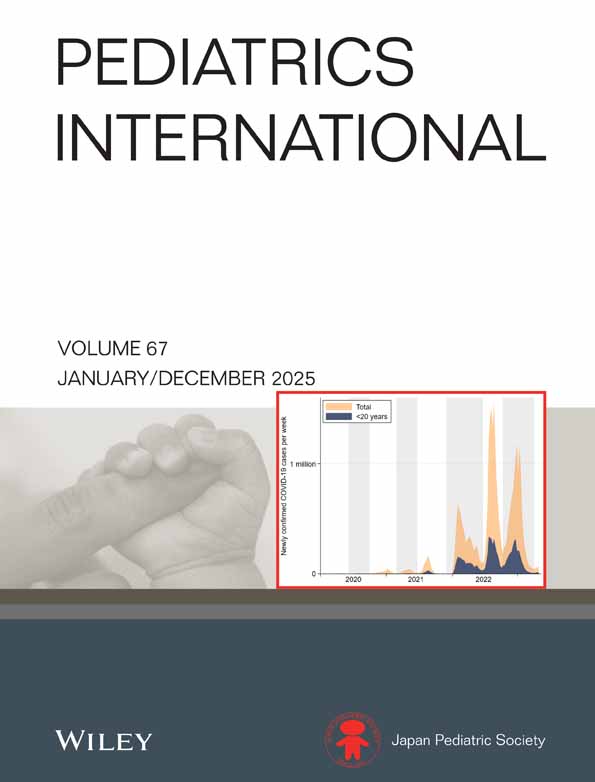Recent increase in the frequency of infant measles in Japan
Abstract
Abstract Background: Because there has been no major outbreak of measles in Japan during the last decade, subclinical boosting of pre-existing immunity by exposure to epidemic measles is unlikely to have occurred. Consequently, the measles immunity of mothers of this generation is less well developed and they provide less effective passive immunity to their infants. An increase in the frequency of infant measles is therefore probable.
Method and results : A retrospective review was undertaken of the clinical records of all measles cases that occurred in the last 3 years in eight hospitals and two out-patient clinics in Hokkaido. Of 541 recorded cases, 96 (17.7%) were infants and of these, 66 patients (68.8%) were over 9 months of age. Only 20 children had received measles vaccination.
Conclusion : There has been a recent increase in the frequency of infant measles, suggesting an increased population of infants susceptible to measles before the age of 1. Of the older patients, 95% had not been vaccinated against measles. Increasing the rate of measles vaccination may help suppress future measles outbreaks and assist in protecting infants until they pass their first birthday.




